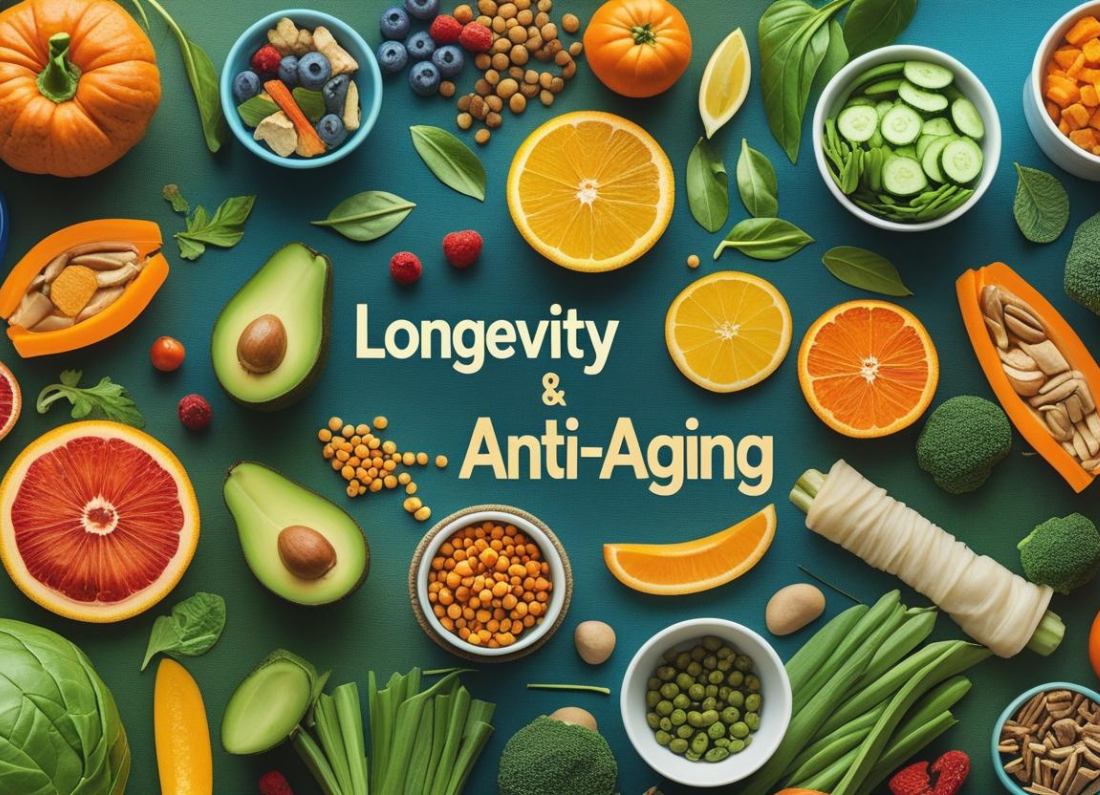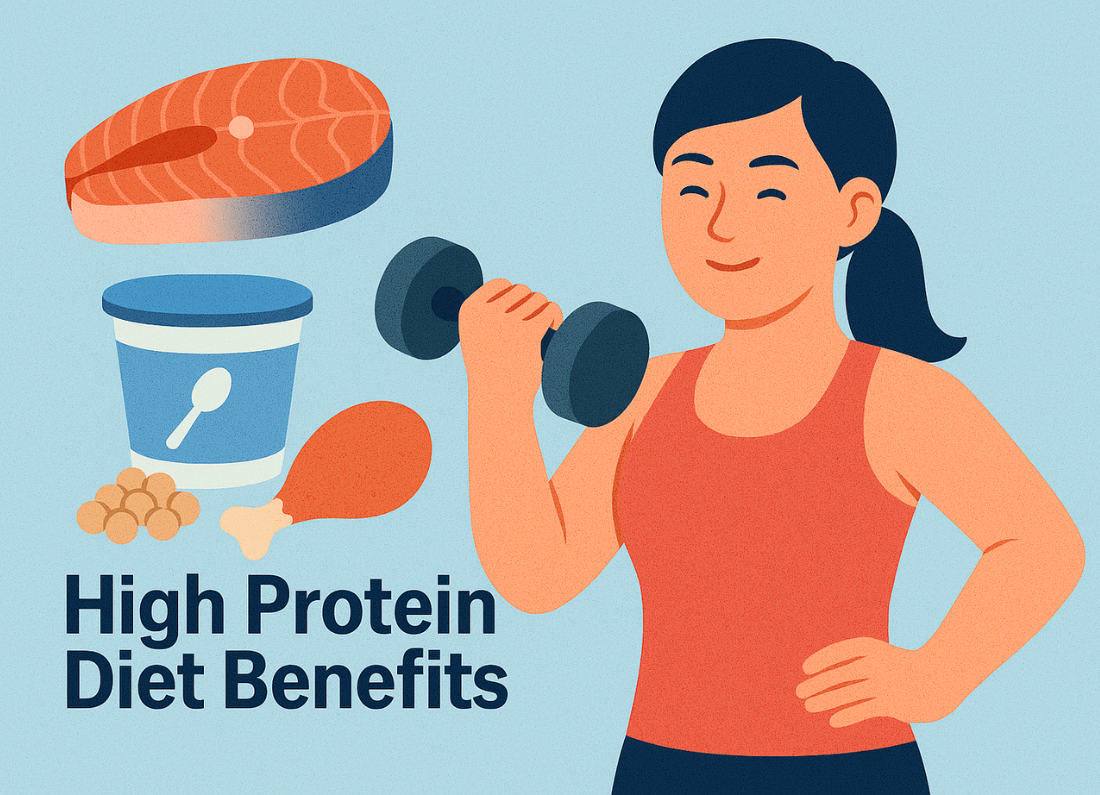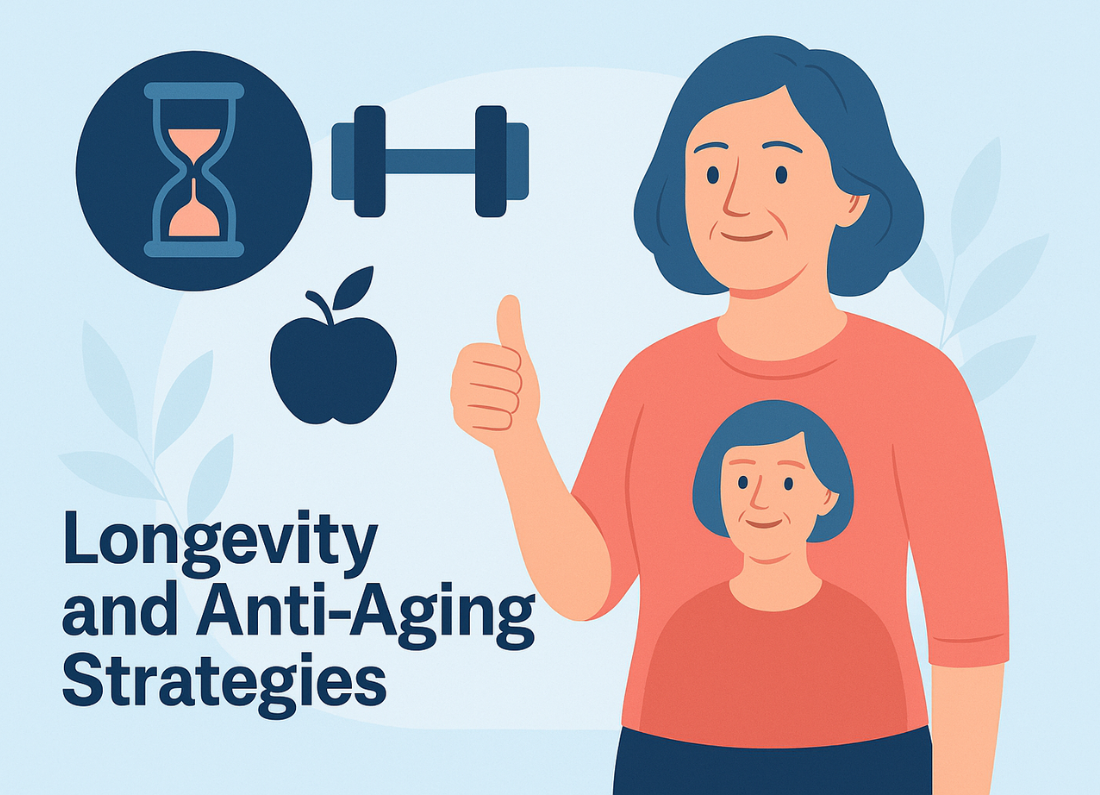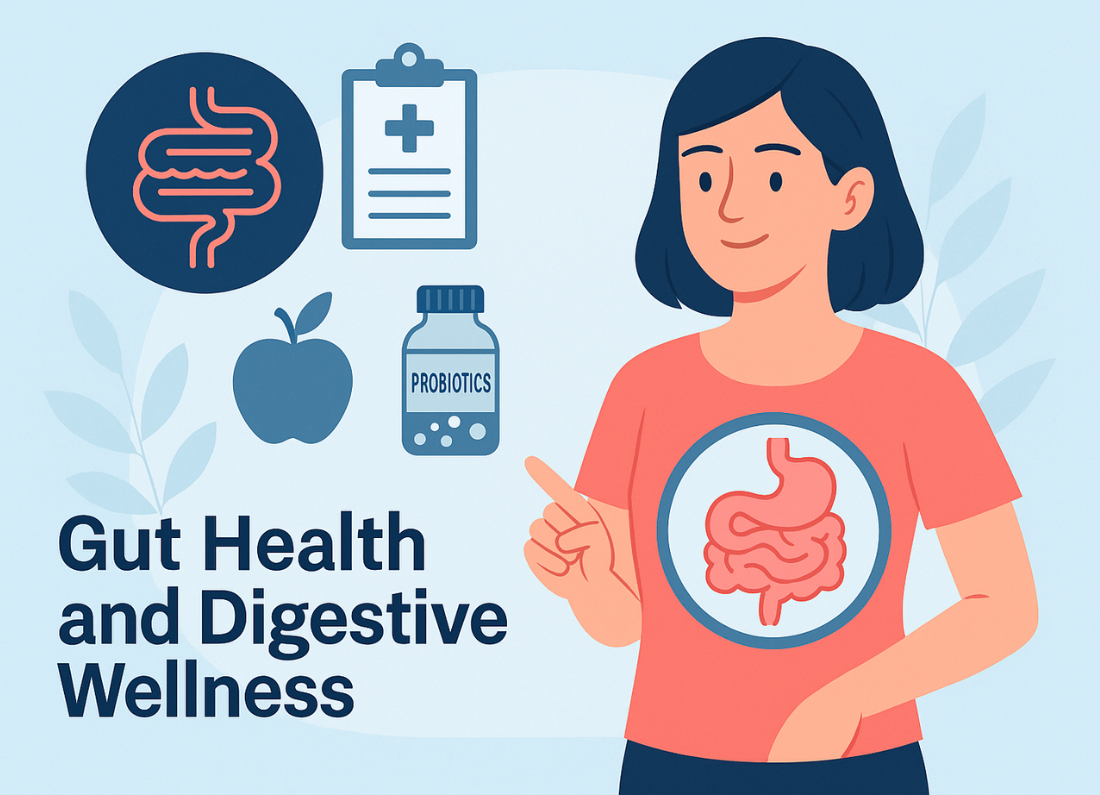If you’ve ever dealt with joint pain, fatigue, digestive issues, or brain fog—chronic inflammation could be the hidden culprit. While inflammation is a natural defense mechanism, long-term, low-grade inflammation quietly damages your body from the inside out.
The good news? You can fight it—and even reverse it—through smart, sustainable lifestyle choices. This guide will walk you through effective inflammation management strategies and how to adopt an anti-inflammatory lifestyle that supports long-term wellness.
🔍 What is Inflammation?
Inflammation is your body’s immune response to injury, infection, or harmful stimuli. There are two types:
1. Acute Inflammation
- Short-term and protective
- Example: swelling after a cut or infection
2. Chronic Inflammation
- Long-lasting and harmful
- Linked to heart disease, diabetes, cancer, arthritis, obesity, depression, Alzheimer’s
When inflammation becomes constant—even at low levels—it starts damaging cells, blood vessels, and organs without noticeable symptoms at first.
🚨 Signs of Chronic Inflammation
You may not realize you’re inflamed until it becomes serious. Common symptoms include:
- Fatigue or low energy
- Brain fog or mood swings
- Digestive issues (bloating, gas, IBS)
- Skin problems (acne, eczema)
- Frequent colds or infections
- Joint stiffness or chronic pain
- Weight gain, especially around the belly
If these are familiar, your body might be silently fighting inflammation.
🥗 The Anti-Inflammatory Diet: What to Eat (and Avoid)
Food is medicine—or poison—when it comes to inflammation.
✅ Eat These:
1. Fruits & Vegetables
- Berries, leafy greens, tomatoes, carrots, broccoli
- Rich in antioxidants and polyphenols
2. Omega-3 Fatty Acids
- Fatty fish (salmon, sardines), flaxseeds, walnuts
- Reduce pro-inflammatory cytokines
3. Whole Grains
- Oats, brown rice, quinoa
- Provide fiber to support gut health
4. Spices
- Turmeric (with black pepper), ginger, garlic
- Natural anti-inflammatory and immune support
5. Olive Oil & Avocados
- Healthy fats that lower inflammatory markers
6. Fermented Foods
- Yogurt, kefir, kimchi, sauerkraut
- Support gut flora, which controls inflammation
❌ Avoid These:
1. Refined Sugar
- Causes blood sugar spikes, feeding inflammation
2. Processed Foods
- Chips, frozen dinners, instant noodles—full of additives and bad oils
3. Refined Carbs
- White bread, pastries, pasta
4. Excess Alcohol
- Irritates gut lining, weakens immunity
5. Trans Fats & Seed Oils
- Found in fried food, margarine, and many processed snacks
🧘 Lifestyle Habits to Fight Inflammation Naturally
✅ 1. Manage Stress
Chronic stress triggers cortisol spikes, which inflame the body. Try:
- Daily meditation or deep breathing
- Gentle yoga
- Journaling
- Nature walks or forest bathing
✅ 2. Prioritize Sleep
Poor sleep disrupts immune regulation and increases inflammation.
Aim for 7–9 hours of deep, consistent sleep each night.
✅ 3. Get Moving
Regular physical activity reduces inflammatory proteins.
Try:
- 30 mins of walking, cycling, swimming, or strength training
- Stretch or do light yoga on rest days
✅ 4. Hydrate
Water flushes toxins and supports cellular repair.
Drink at least 8–10 glasses per day.
✅ 5. Quit Smoking and Limit Alcohol
Both are major inflammation triggers. Replace smoking with deep breathing or chewing fennel, and swap alcohol for herbal teas or kombucha.
💊 Natural Supplements for Inflammation Control
While lifestyle and diet are primary, some supplements may offer added benefits:
- Turmeric (Curcumin) – Potent anti-inflammatory effects
- Omega-3 (Fish oil) – Especially EPA and DHA
- Vitamin D – Helps modulate immune response
- Magnesium – Reduces CRP (C-reactive protein)
- Quercetin – Found in apples and onions; powerful antioxidant
- Probiotics – Improve gut health and immune balance
⚠️ Always consult a healthcare provider before starting any new supplement.
🔬 The Role of the Gut in Inflammation
Nearly 70% of your immune system resides in your gut. An imbalanced microbiome can leak toxins into the bloodstream—a condition called leaky gut, which fuels inflammation.
To support gut health:
- Eat fermented and high-fiber foods
- Avoid antibiotics unless necessary
- Get enough sleep
- Reduce sugar and alcohol
📋 Sample Anti-Inflammatory Daily Meal Plan
Breakfast
Chia seed pudding with almond milk, blueberries, and walnuts
Lunch
Grilled salmon bowl with quinoa, spinach, roasted sweet potato, and olive oil vinaigrette
Snack
Green tea + a handful of almonds
Dinner
Lentil and vegetable stew with turmeric and garlic, side of sauerkraut
Drink
Water throughout the day + golden milk at night
🧾 Final Thoughts
Inflammation management and anti-inflammatory lifestyle choices are your best defense against chronic illness and premature aging. By adjusting your food, habits, and stress levels, you can calm your immune system and restore balance to your body.
Inflammation may be silent, but your response to it doesn’t have to be. Take back control of your health—one anti-inflammatory habit at a time.















Leave a Reply